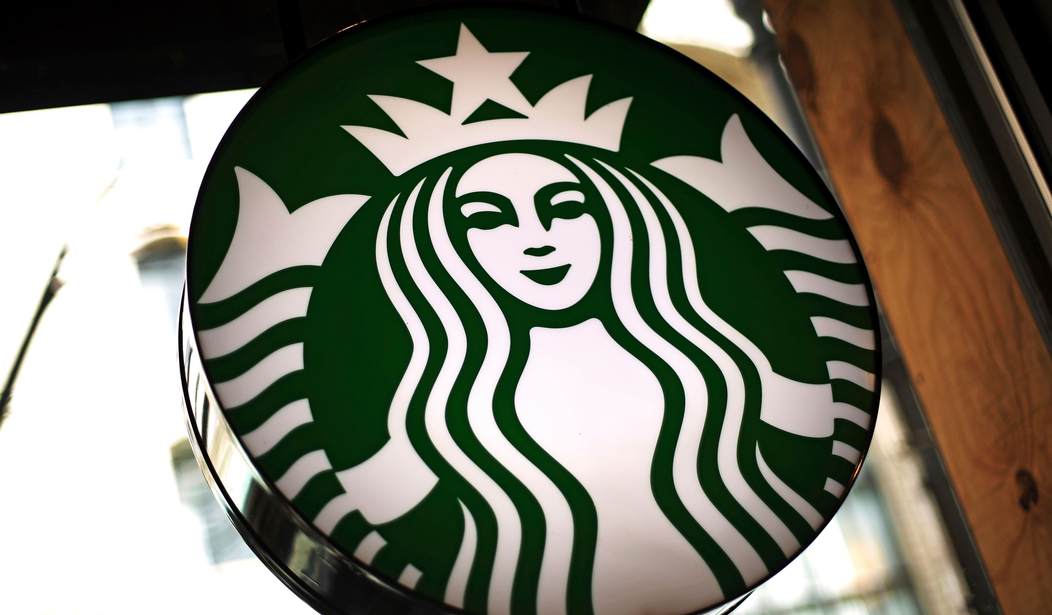Earlier this year, Townhall reported how a Nordstrom store in San Francisco’s massive Westfield Mall announced that it would shut down for good amid rising crime. In addition, AT&T announced that its flagship store in the city would close for several reasons, with “street conditions” being one of them. And, one retailer announced that it would sue the owners of the Westfield Mall for failing to bump up its security measures amid rising crime.
Starbucks is the latest major company to announce that it would shrink operations in the Golden City. The coffee chain is slated to close seven stores in San Francisco as the city struggles with rampant crime.
Starbucks’ regional vice president for Northern California, Jessica Borton, sent a letter to employees at the stores to inform them of the decision.
"There are several factors Starbucks considers when tasked with the tough decision of closing a store, but it is all part of ensuring a healthy store portfolio," Borton reportedly wrote in the letter.
"We will continue to listen to the needs of our partners to ensure they can focus on crafting beverages and creating connections in a welcoming environment,” she added.
Recommended
In a statement to SFGate, Starbucks spokesperson Sam Jefferies said that “each year as a standard course of business, we evaluate the store portfolio to determine where we can best meet our community and customers’ needs.”
“This includes opening new locations, identifying stores in need of investment or renovation, exploring locations where an alternative format is needed and, in some instances, re-evaluating our footprint,” he added. The employees of all the closing stores will have the option to transfer to another location.
According to the New York Post, around 40 retail stores in the Union Square section of the city alone have closed in addition to “dozens” more in other areas of town.
Earlier this year, San Francisco Mayor London Breed asked for federal assistance to deal with the city’s issues, including drugs, violence, and homelessness. In a letter obtained by the San Francisco Chronicle, Breed said that the problem is “beyond our local capacity.”
























